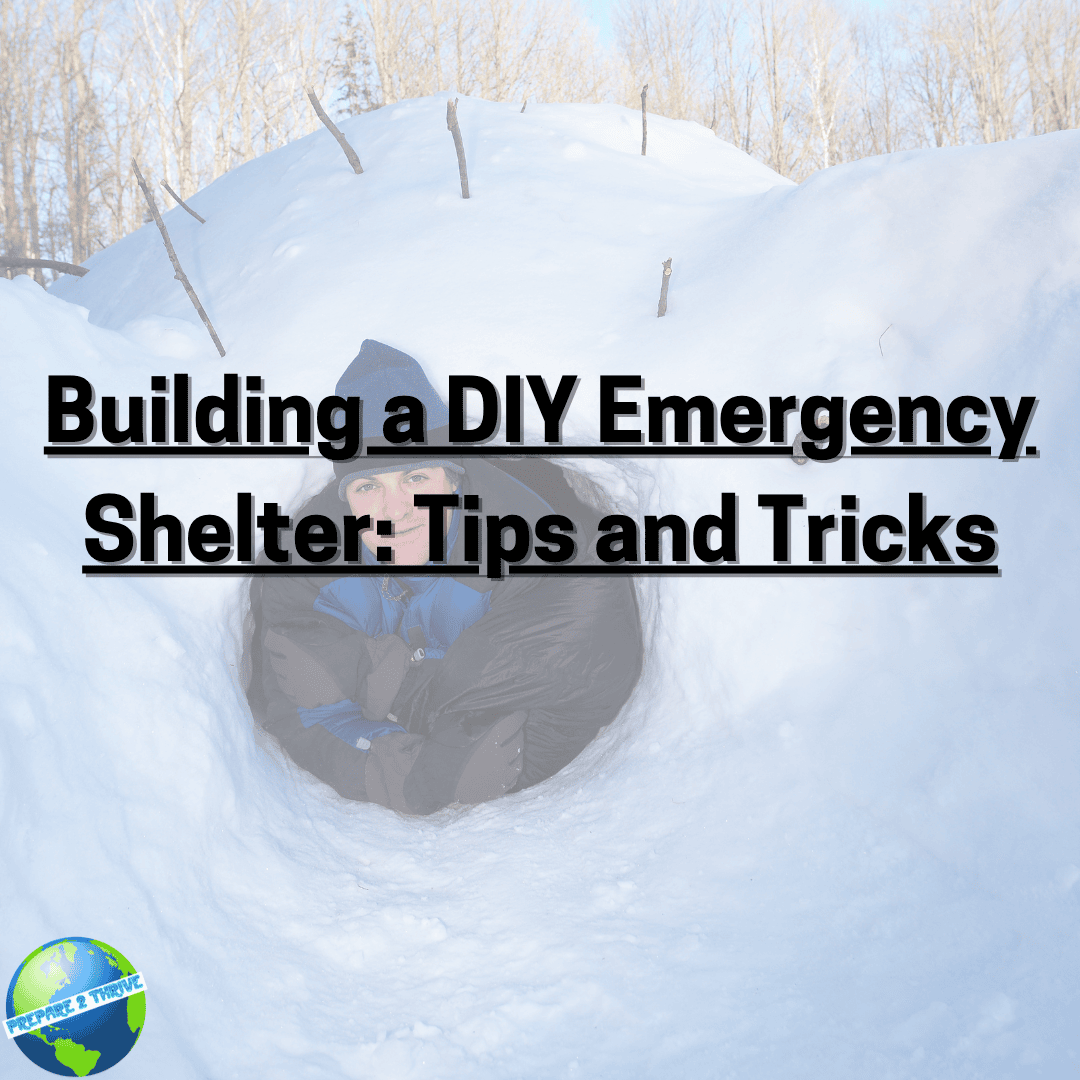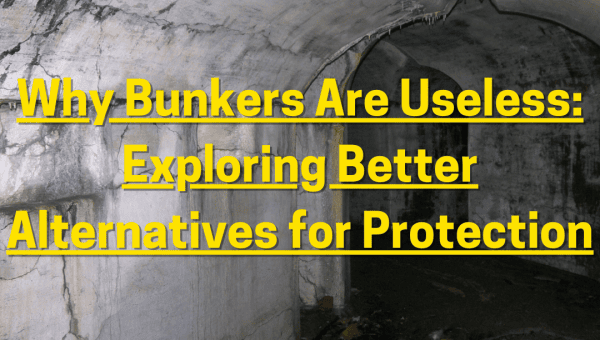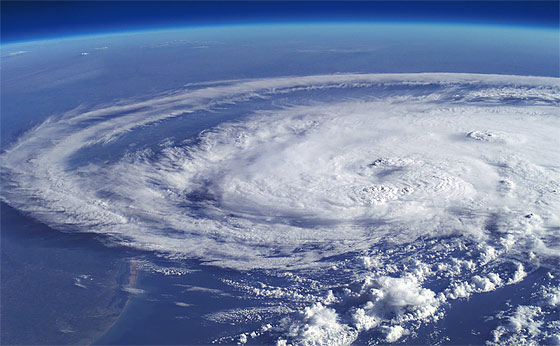1. Introduction
Emergencies can happen unexpectedly, and having a reliable shelter during such times is crucial. Whether you're preparing for natural disasters, camping adventures, or other unforeseen circumstances, building your own emergency shelter can provide a sense of security and self-sufficiency. In this blog article, we'll explore the tips and tricks for constructing a DIY emergency shelter.
2. Assessing Your Needs
Before embarking on your DIY shelter project, it's essential to assess your specific needs and requirements. Understanding the potential emergency scenarios you may encounter will help you design a shelter that suits those situations best.
Start by identifying the types of emergencies common in your area, such as hurricanes, floods, or extreme cold. This knowledge will enable you to plan for the specific challenges posed by each scenario. Consider the duration of the emergency and the number of people the shelter needs to accommodate. For short-term emergencies, a temporary shelter may suffice, while a semi-permanent structure might be more suitable for longer durations.








 Beyond Just Flashlights And Batteries
Beyond Just Flashlights And Batteries